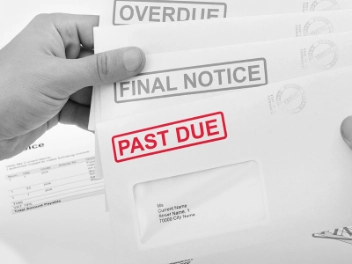Solutions to support you at any stage of your order-to-cash cycle
We help you retain positive relationships with your customers by providing non-contentious solutions through our amicable debt collection services.

With our online platform, you simply upload your unpaid invoices, monitor our collection process and receive your money as soon as the debt is recovered.

Receiving payments on time can be challenging. Our accounts receivable services offers support where, when and how you need it.

Our customers tell us that our Collection Letters and Final Demand For Payment Letters are particularly useful for smaller debts that are difficult to chase due to the high numbers but low values.

Atradius Legal Collections helps you take action against your debtor, wherever they are in the world. We provide professional advice, expected outcomes and access to a global network of lawyers.



Insolvency Services
We can make claims on your behalf against bankrupt debtors
Speak to a specialist
Access our debt collection management system for Collections . Only Collections customers.
Automate & accelerate accounts receivable. Credit-IQ monitors overdues & sends automatic reminders.
SMEs: Log in to submit & monitor collection cases, pay invoices and communicate with your case manager.
Get in touch


































